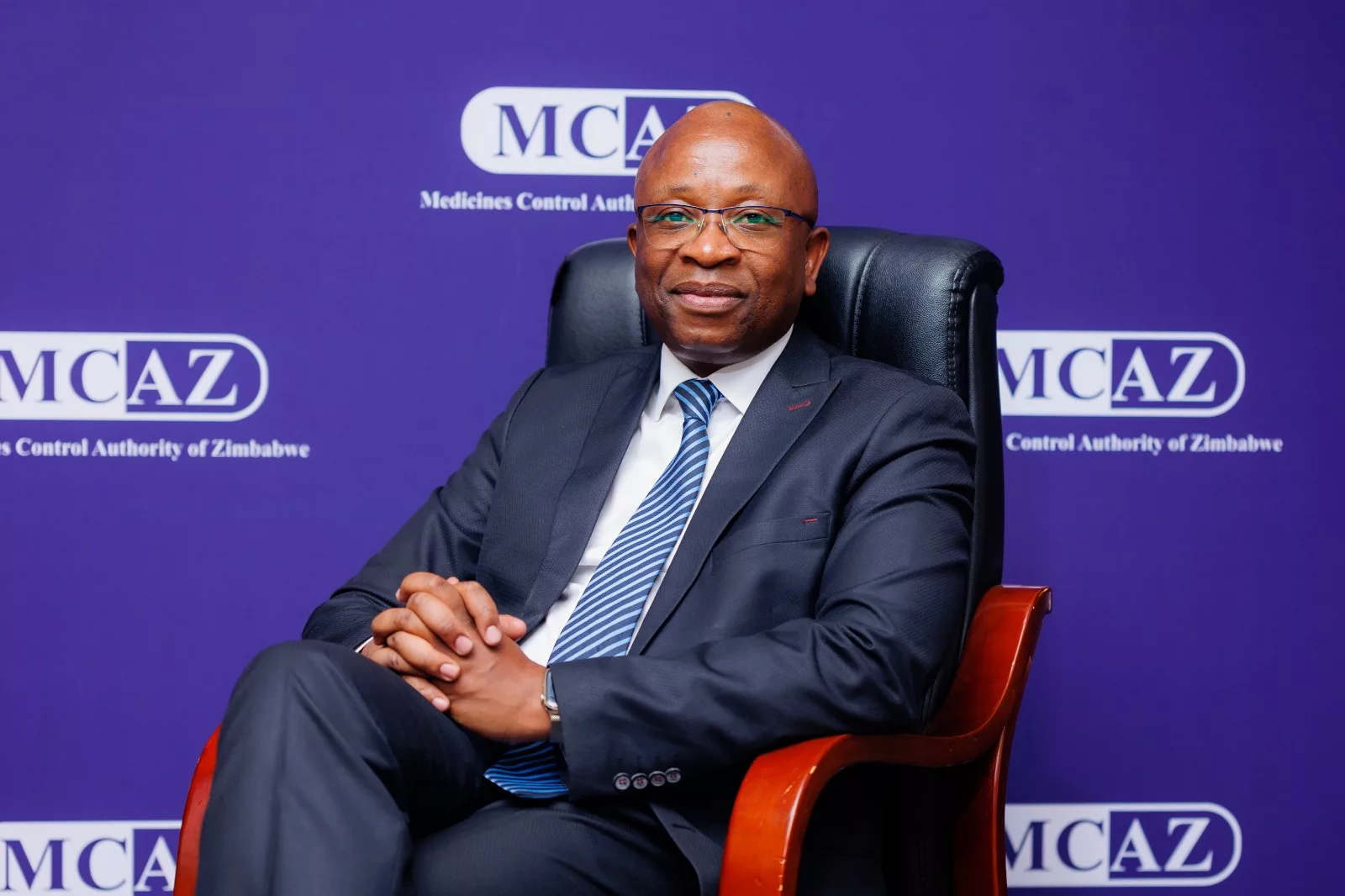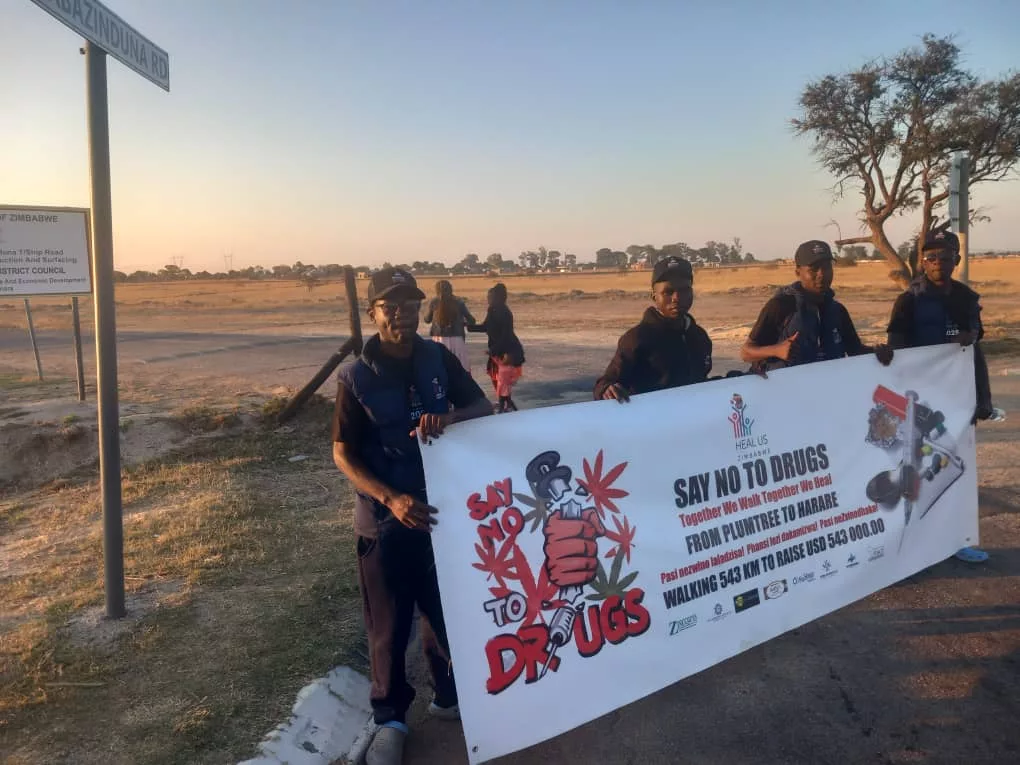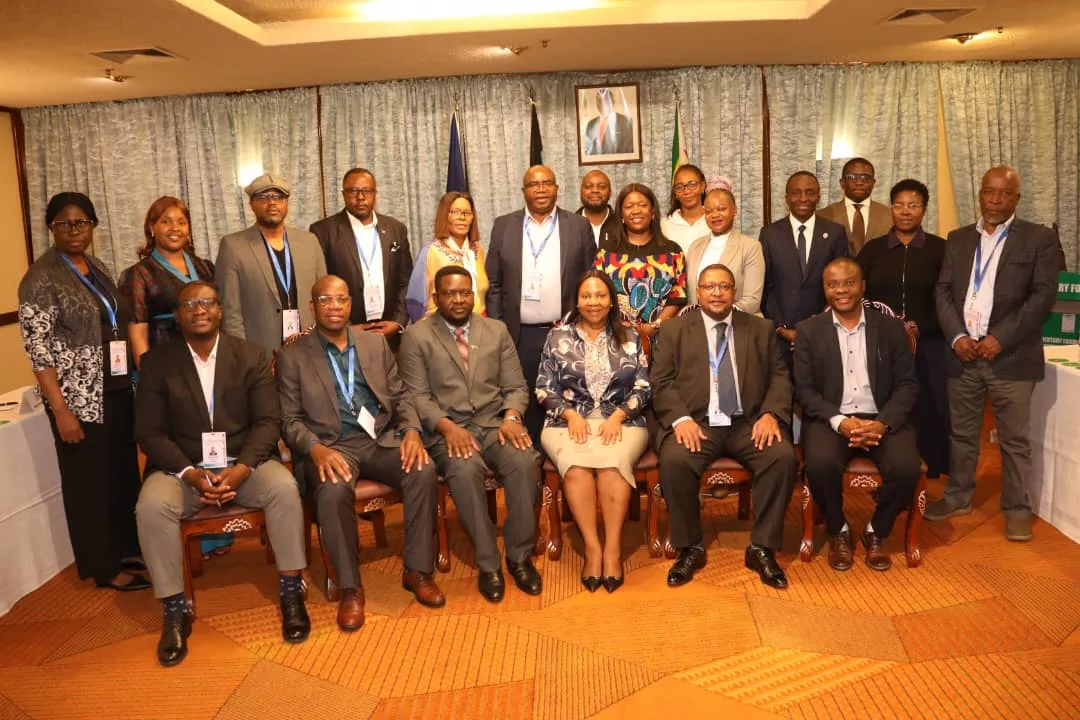|
Getting your Trinity Audio player ready...
|
The United Nations Population Fund (UNFPA) and partners yesterday launched its annual report on the State of the World Population Report, which shows that half of the women in 57 developing countries are denied their bodily autonomy or lack the power to make decisions over their bodies.
The report entitled: “My Body is My Own” shows that many women and girls are denied the right to decide whether to use contraception or seek health care, among many other issues cited in the report. The State of the World Population (SWOP) is a report, which analyses developments and trends in world population and demographics.
Notably, this is the first time, a United Nations report focuses on bodily autonomy: the power and agency to make choices about your body, without fear of violence or having someone else decide for you. Through this groundbreaking report, UNFPA is measuring both women’s power to make their own decisions about their bodies and the extent to which countries’ laws support or interfere with a woman’s right to make these decisions. The data show a strong link between decision-making power and higher levels of education.
UNFPA Zimbabwe launches the SWOP 2021 in Zimbabwe as it officially commemorates World Population Day. The day is commemorated each year on 11 July.
“World Population Day is very important for UNFPA – it is a flagship day meant to raise awareness of population dynamics centred on the sexual and reproductive health needs and vulnerabilities of women and girls,” said UNFPA Country Representative Dr Esther Muia. “It’s also an opportunity to showcase progress or challenges towards the realisation of universal access to sexual and reproductive health for women and young people even in humanitarian and emergency situations. It is therefore befitting that we launch the 2021 State of the World Population Report as we commemorate World Population Day.”
This year’s launch comes in the context of the COVID-19 pandemic that has affected programmes and works to end Gender-Based Violence and harmful cultural practices. COVID-19 has disrupted efforts to end Gender-Based Violence and could potentially result in an additional 13 million child marriages between 2020 and 2030. This lack of bodily autonomy has massive implications beyond the profound harms to individual women and girls: potentially depressing economic productivity, undercutting skills, and resulting in extra costs to health care and judicial systems. The report shows that in 57 countries where data is available:
- Only 55 per cent of women are fully empowered to make choices over health care, contraception and the ability to say yes or no to sex
- Only 71 per cent of countries guarantee access to overall maternity care
- Only 75 per cent of countries legally ensure full, equal access to contraception
- Only about 80 per cent of countries have laws supporting sexual health and well-being
- Only about 56 per cent of countries have laws and policies supporting comprehensive sexuality education
The report also documents many other ways that the bodily autonomy of women and girls is compromised, revealing that at least 20 countries or territories have “marry-your-rapist” laws, where a man can escape criminal prosecution if he marries the woman or girl he has raped. At least 43 countries have no legislation addressing the issue of marital rape (rape by a spouse) while more than 30 countries restrict women’s right to move around outside the home.
“The denial of bodily autonomy is a violation of women and girls’ fundamental human rights that reinforces inequalities and perpetuates violence arising from gender discrimination,” says UNFPA Executive Director Dr Natalia Kanem. “It is nothing less than an annihilation of the spirit, and it must stop. By contrast, a woman who has control over her body is more likely to be empowered in other spheres of her life. She gains not only in terms of autonomy but also through advances in health and education, income, and safety. She is more likely to thrive, and so is her family.”
Closer to home, here in Zimbabwe, Gender-Based Violence remains a huge problem affecting women and girls’ ability to make choices in their lives. The 2015 ZDHS confirms that violence against women and girls is rife in Zimbabwe affecting 1 in 3 women regardless of geographic location, wealth or education. In Zimbabwe, intimate partner violence is rife – many women are subjected to abuse and violence at the hands of intimate partners. In Zimbabwe, 90% of perpetrators are husbands or intimate partners. In addition, many young girls are married off at young ages to older men in the name of religion and others are married off to appease spirits (ngozi) for crimes they did not commit.
“Child marriage is a violation of multiple rights of the girl child that include, denying her the right to education, right to health and well-being. It exposes the girl child to Gender-Based Violence, HIV and other health-related conditions. It puts the young mother and her child into a cycle of poverty,” said Honourable Dr. Sithembiso Nyoni, Minister of Women Affairs, Community and Small and Medium Enterprises Development. “The Constitution, the Supreme law of the country outlaws child marriage and clearly puts the age of marriage at 18 years. We continue to urge and encourage people from diverse backgrounds including religions and cultures to respect this Constitutional provision.”
In his solidarity remarks at the launch of #MyBodyIsMyOwn Deputy Minister of Health and Child Care, Dr John Mangwiro acknowledged the support that the Ministry has been receiving from various partners towards improving the availability of SRH and SGBV services at levels of care. He said efforts must be made to ensure everyone, particularly those in marginalised communities have access to SRH and GBV services.
“Our adolescents continue to face a myriad of sexual and reproductive health challenges including high rates of unplanned pregnancies, early child bearing and transmission of STIs including HIV. As we commemorate World Population Day we are reminded of the marginalized and the challenges they are facing in accessing SRH and SGBV services that are age appropriate, safe, equitable, affordable, and accessible. Sadly we also remember thousands of young people who are morbid and have died due to avoidable and preventable Sexual Reproductive Health and GBV related cases.”
In solidarity remarks at the launch Mr Ben Cattermoul, Team Leader, Foreign, Commonwealth & Development Office (FCDO) said investment in supporting women and girls to have choice, voice and control over their bodies promises huge returns.
“Women and girls when they have the right to make their own choices and are free from violence live happier and healthier lives and more productive lives and pass on benefits to their families and communities,” said Cattermoul. “We know that Government and partners have an important role to play in this situation. Working with the Government of Zimbabwe and UNFPA, the UK Government through the Health Development Fund is proud to support a whole range of GBV services, the provision of family planning commodities to give women choice…we are also supporting a number of women organisations across Zimbabwe to champion women’s rights…”
In her solidarity remarks at the launch of the SWOP Canada Ambassador to Zimbabwe, Her Excellency Christina Buchan Canadian said as part of her Government’s feminist approach Canada is committed to supporting access to the full range of Sexual Reproductive Health services and information.
“We will only achieve the Sustainable Development Goals if we make progress in addressing gender inequality and ensure that women and girls are able to make decisions about their bodies and their futures,” she said in a video message. “Access to Sexual Reproductive Health and Rights are critical to advancing Gender Equality and the empowerment of women and adolescent girls. Lack of attention to SRHR contributes directly to maternal mortality, poor health and the disenfranchisement of women and girls. If women and girls are healthy they can learn, work, care for their families and reach their full potential. Health is essential to poverty eradication and achieving Sustainable Development Goals.”
UNFPA Gender and SRH programmes are implemented through the support of various partners.
“As we launch the 2021 SWOP report UNFPA extends its gratitude to the Government of Zimbabwe for the trust in the UNFPA mandate and mission,” said Dr Muia. “Our gratitude goes to Governments of Britain, Ireland, Sweden, Switzerland, European Union, Japan, China as well as the World Bank who continue to support our work in Zimbabwe and our various implementing partners who have partnered with us in this important work. We also value our joint programming and implementation with our sister UN Agencies who continue to walk with us on this journey.”






